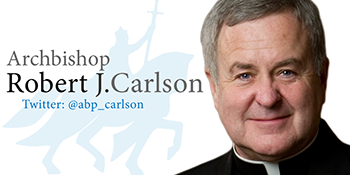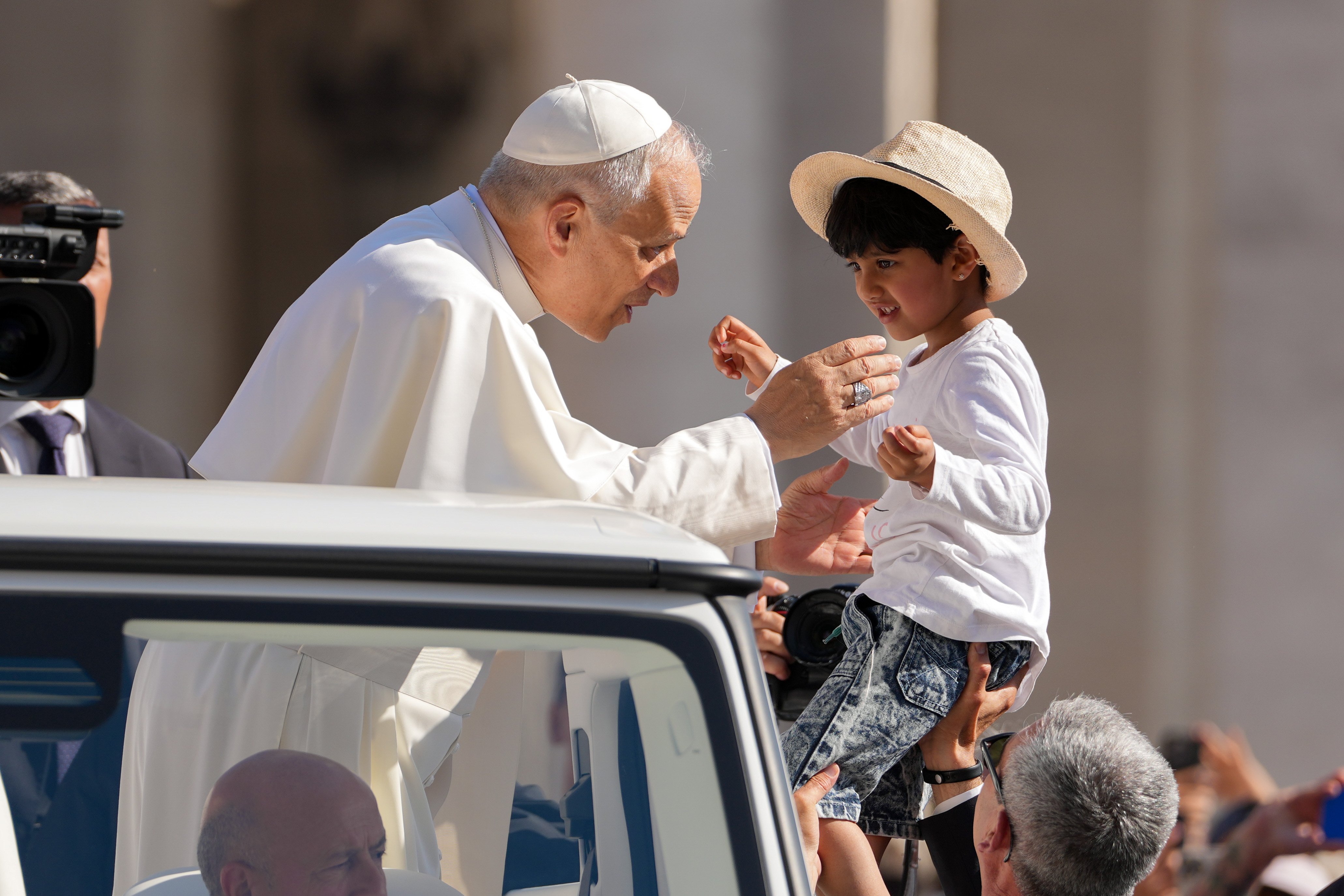BEFORE THE CROSS | Shared values can help reshape American culture
Though differences exist, some shared values between Muslims and Christians can reform and improve the nation’s culture

This week marks the Muslim celebration of Eid al Fitr, the end of Ramadan. Though we disagree on many points, this is a good time to note some of the ways Catholics and Muslims can stand together.
Ramadan is a month of preparation for what Muslims believe to be the pivotal event in history — God’s revelation of the Qur’an to Muhammad. Muslims are called to pray, abstain from all food and drink from sunrise to sunset and give alms to the poor.
Catholics don’t believe that Muhammad and the Qur’an are the central point of history, just as Muslims don’t believe that Jesus Christ is. There’s no sense in trying to minimize those differences.
But Catholics and Muslims do share some important values. Working together, as friends, we might be able to reshape American culture in accord with our shared values.
For example, albeit each in our own way, we both believe that an extended period of prayer and fasting is an important part of our relationship with God and each other. For Muslims, this is Ramadan; for Catholics, it’s Lent. One of the things that fasting teaches us is that immediate satisfaction of every desire isn’t the path to individual happiness or societal health. Sometimes, for the sake of our relationship with God and each other, we need to say no to our desires. American culture needs to hear that message! Together, Catholics and Muslims could bear powerful witness to that truth.
Again, albeit each in our own way, we both believe that attentiveness to the Word of God is an important part of human and spiritual growth. For Muslims, this involves regular (even daily) recitation of the Qur’an, and weekly worship together on Friday. For Catholics it involves regular (even daily) reading of the Bible, and Mass together on Sunday. Catholics and Muslims both believe that it’s important to take time and energy to let God’s Word shape our thoughts, desires, and actions. American culture needs to hear that, too! Together, Catholics and Muslims could give witness to the importance of God’s word.
Finally, again in our own ways, both Catholics and Muslims believe in the value of life, the importance of family and the significance of welcoming the stranger and protecting the dignity of women. These are all points where we can stand together and challenge American culture.
Are there radical, ideologically motivated Muslims in the world who are bent on the destruction of America and the death of Christians? Yes. There’s no sense trying to deny that.
But it’s important to resist the temptation to stereotype the Muslim community on that basis. Our Muslim neighbors are fathers and mothers, clergy and social justice reformers, day laborers and doctors, scientists and much more. We don’t hear about them in the news because they live quiet lives and make quiet contributions to our city and neighborhoods. They stand with us in decrying the evil of violence done in the name of faith — a sad reality in the history of many faith groups. We’re thankful for their partnership in combating such violence in our communities.
This week, even as we’re honest about the things that divide us, let’s pause for a moment to celebrate the things that unite us. A deeper friendship between Catholics and Muslims — one that sees both the unity and the differences — could make a great contribution to American culture.



